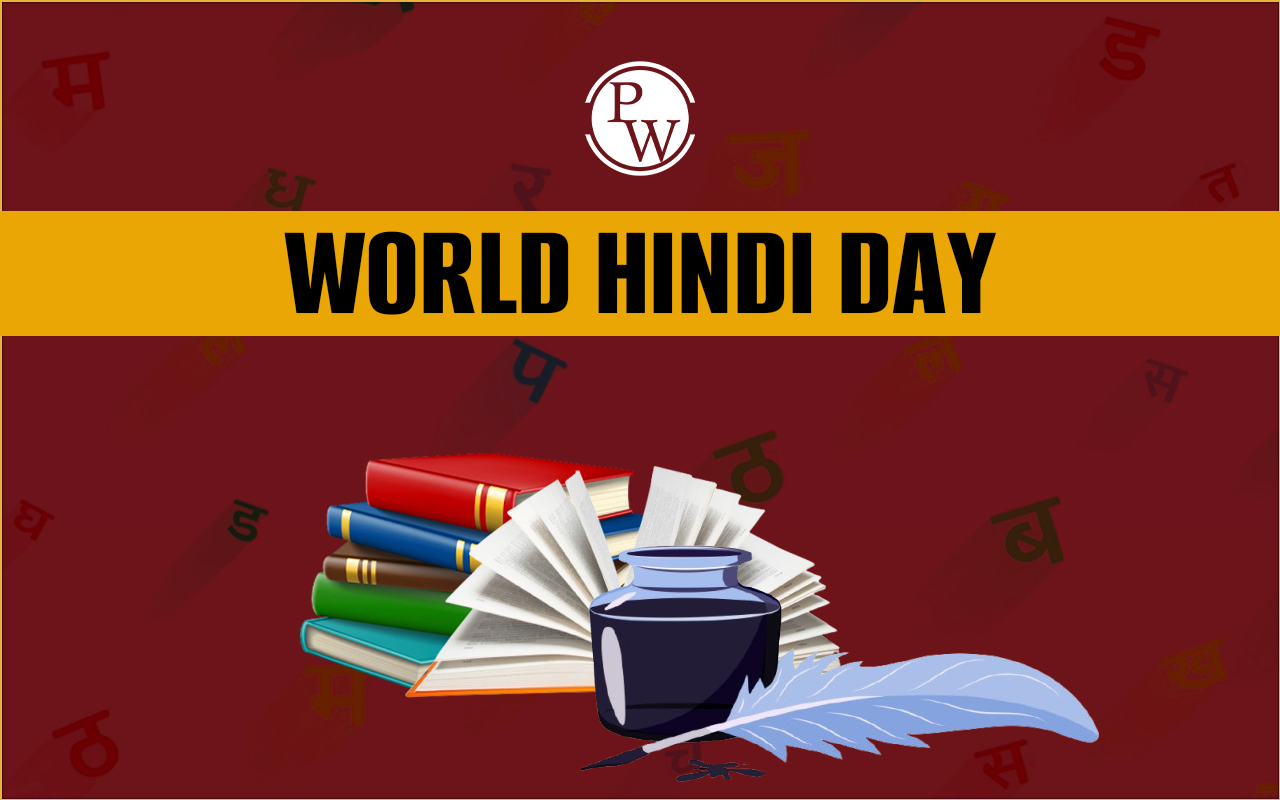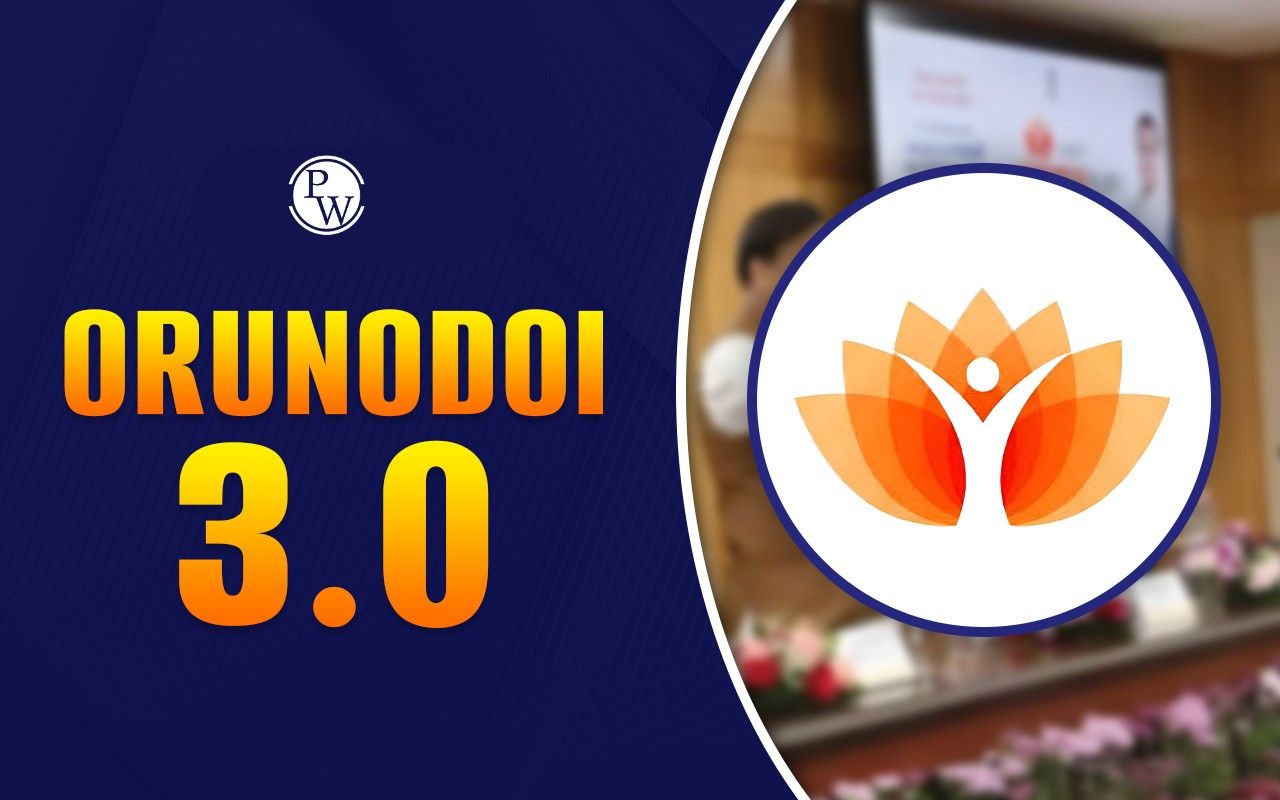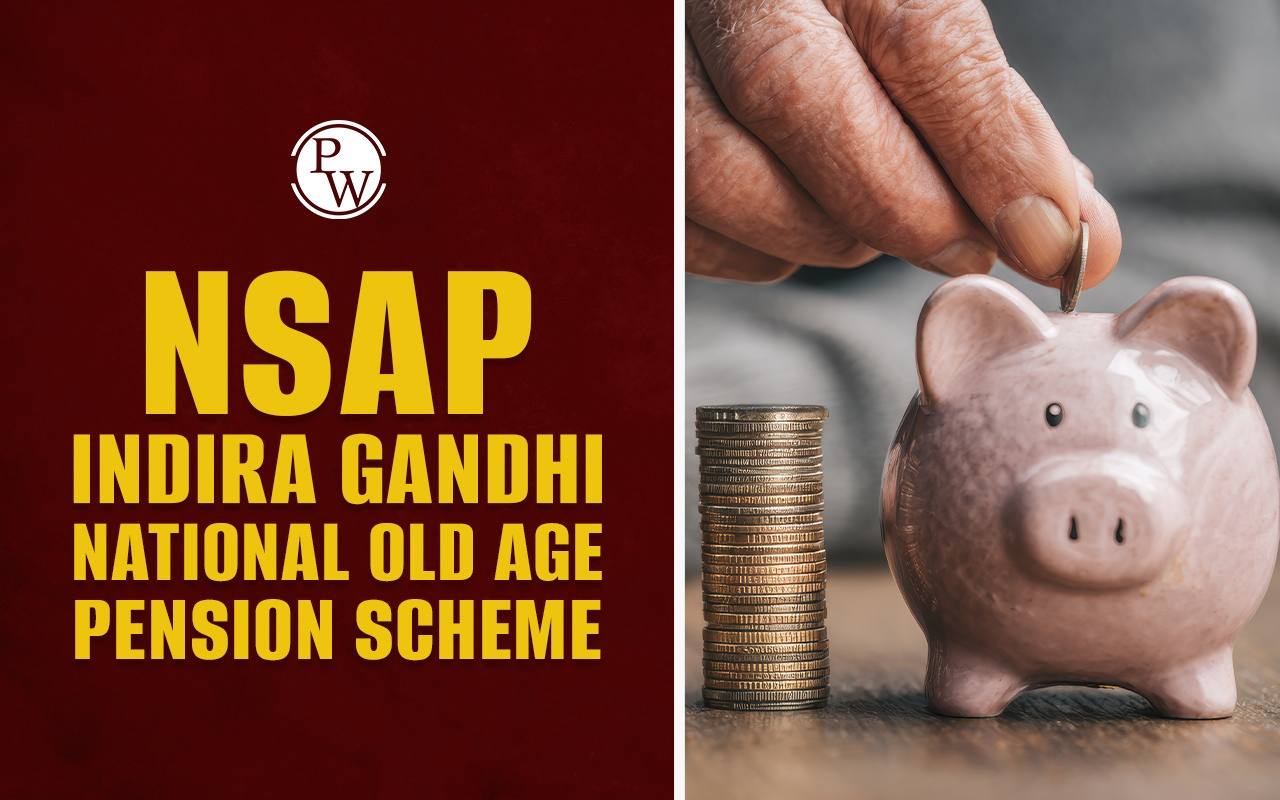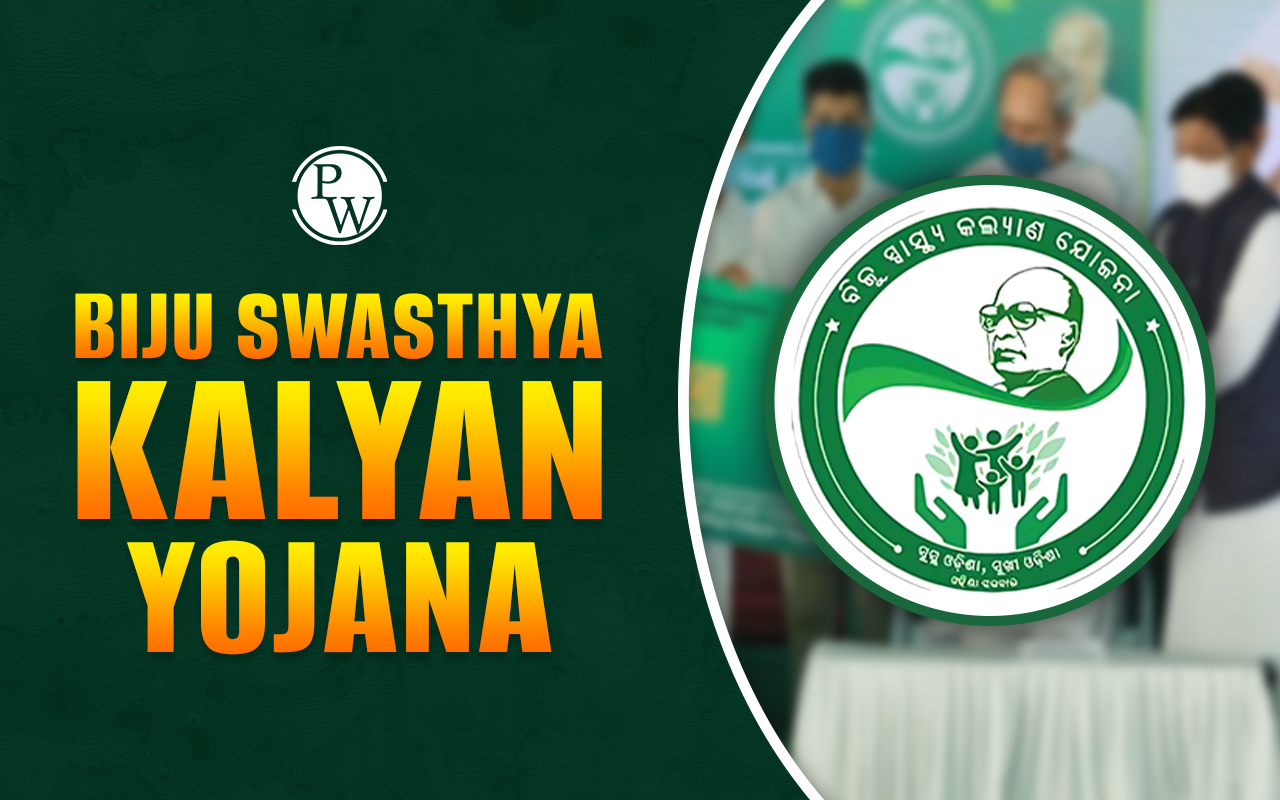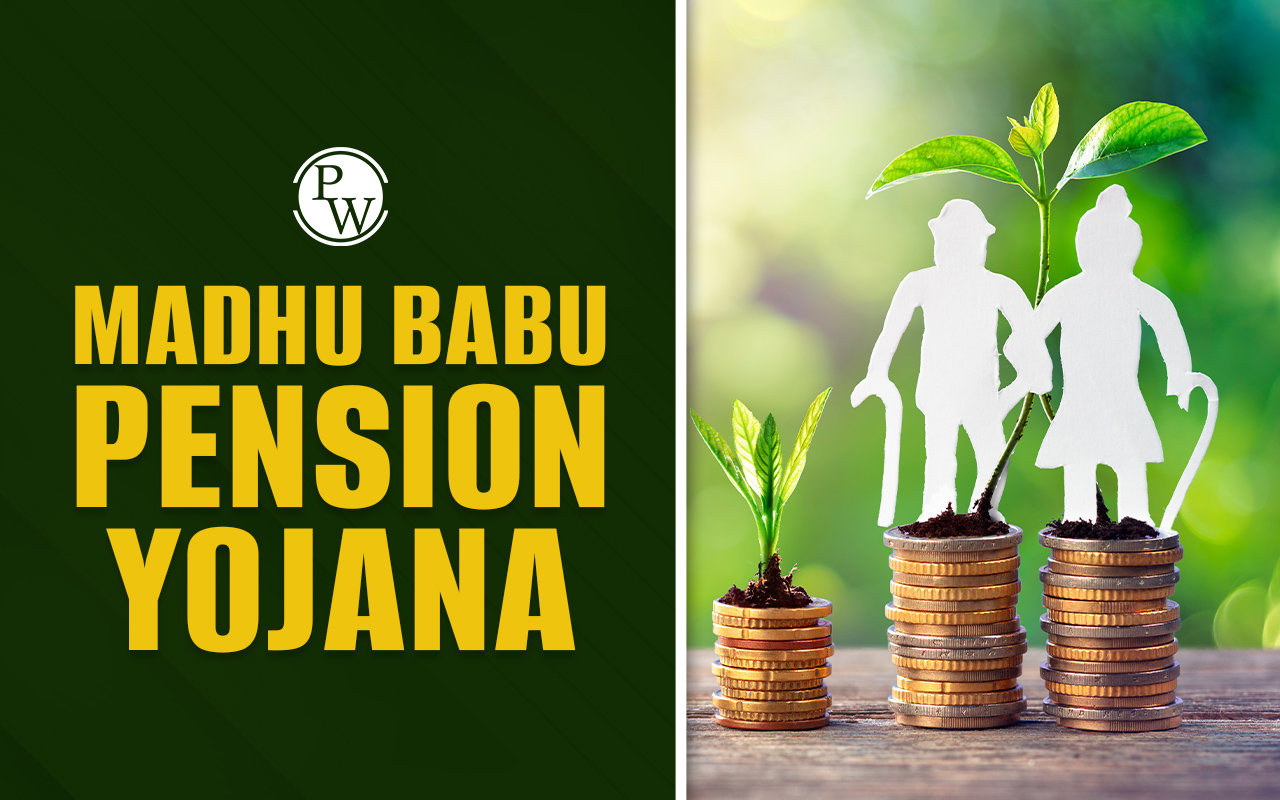
Understanding the fundamental distinctions between Capitalism, Socialism, and Communism is essential for any student or aspirant studying world economics and political ideologies.
These three systems represent different approaches to organizing a society, primarily concerning the ownership of resources and the distribution of wealth. While often discussed together, they are distinct ideologies with separate origins, goals, and methodologies, each shaping the economic and social fabric of nations across the globe.
What is Capitalism?
Capitalism is an economic system characterized by the private ownership of the means of production (such as factories, land, and companies). The key driving forces in a capitalist economy are profit motive and market competition.
-
Ownership: Private individuals or corporations own and control resources and industries.
-
Economic System: It operates as a market economy, where supply and demand primarily determine production, pricing, and distribution.
-
Government Role: Government intervention is generally minimal, supporting a "free market" and encouraging innovation and growth through competition (often associated with the Laissez-Faire philosophy).
-
Wealth Distribution: Wealth tends to accumulate in the hands of the owners of production, leading to economic inequality.
Adam Smith is widely regarded as the founder of Modern Capitalism, which originated in the early Renaissance period and significantly evolved during the Industrial Revolution.
What is Socialism?
Socialism is an economic and political philosophy based on the collective or public ownership of the means of production, with the aim of reducing economic inequality and promoting social welfare.
-
Ownership: Major industries and essential resources are typically owned or regulated by the state or collectively by society. Individuals are generally allowed to own personal property, but industrial capacity is communally owned and managed.
-
Economic System: It often operates as a planned economy or a mixed economy where the government intervenes to ensure equitable distribution and provide essential services like healthcare and education.
-
Goal: Production is for social need rather than solely for profit, striving for greater fairness and shared prosperity.
-
Methodology: Socialists generally believe in using incremental and democratic methods to achieve governmental ownership and control of production (Democratic Socialism).
The term 'socialism' emerged in the 1830s, gaining prominence during and after the Industrial Revolution.
What is Communism?
Communism is viewed as an extreme or advanced form of socialism, rooted in the ideology developed by Karl Marx and Friedrich Engels. Its theoretical goal is a stateless, classless, and moneyless society.
Key characteristics of the Communist ideal:
-
Ownership: There is a complete abolition of private property. All property, resources, and means of production are communally owned and controlled by the state (on behalf of the community).
-
Economic System: It is a command economy where the centralized government directs all economic activity through rigorous planning.
-
Goal: The primary focus is on achieving absolute equality and eliminating all class distinctions. The guiding principle is "From each according to his ability, to each according to his needs".
-
Government Role: In practice, systems that have attempted to achieve communism (like the former Soviet Union or North Korea) are typically associated with authoritarian governments that exercise total control over the economy and daily life.
Differences Between Capitalism, Socialism, and Communism
The core difference between the three ideologies lies in the answers to fundamental questions about economics and society.
|
Differences Between Capitalism, Socialism, and Communism |
|||
|
Aspect |
Capitalism |
Socialism |
Communism |
|
Ownership of Resources/Production |
Private individuals or corporations. |
Public or collective ownership of major industries, and private ownership of personal property, is generally allowed. |
Complete state/communal control over all resources; no private ownership. |
|
Economic System |
Market Economy (driven by supply and demand). |
Mixed Economy or Planned Economy (significant government intervention). |
Command Economy (centralized government control). |
|
Wealth Distribution |
Leads to economic inequality, and wealth accumulates in private hands. |
Aims to reduce the wealth gap and promote social welfare. |
Aims for complete economic equality and a classless society. |
|
Profit Motive |
The primary driver for production. |
Secondary production is primarily for social need and welfare. |
Eliminated; collective goals replace individual incentives. |
|
The Role of Competition |
Encouraged; viewed as a driver for innovation and efficiency. |
Reduced or regulated, cooperation is prioritized over competition. |
Non-existent in the ideal state. |
Role of Government in Capitalism, Socialism, and Communism
The extent of government control is the most telling feature distinguishing these systems:
-
Capitalism: The government's role is minimal, often limited to enforcing contracts, protecting property rights, and regulating currency. This system promotes maximum individual liberty in the economy.
-
Socialism: The government plays a vital, active role in managing key sectors, redistributing wealth, and providing universal services (like public health and education). It seeks to blend individual freedom with collective welfare.
-
Communism: The government (or the state apparatus) has total control over the economy, production, and distribution, with individuals having very little choice in what is produced. In theory, Marx envisioned the state "withering away" once true communism was achieved, but in practice, these systems have been highly centralized and authoritarian.
Historical Origins of Capitalism, Socialism, and Communism
The modern forms of these ideologies arose at different stages of human history, often in reaction to prevailing economic conditions:
-
Capitalism: Traced back to the 15th and 16th centuries during the early Renaissance, it evolved significantly with the rise of industrialization in the 19th century.
-
Socialism: It gained prominence near the end of the 18th century, emerging as a political movement largely in protest against the exploitation of the working class during the Industrial Revolution.
-
Communism: The theoretical foundation of modern communism was laid by Karl Marx in 1848. It served as a more radical response to industrial capitalism and became a dominant political force after the Bolshevik Revolution in Russia in 1917.
Modern Examples of Economic Systems
In the contemporary world, very few countries operate as purely capitalist or purely communist states. Most nations utilize a mixed economy, combining elements of both capitalism and socialism.
-
Capitalist Economies: Nations like the United States and Australia are often cited as primary examples, though they incorporate social programs like social security and regulation, making them mixed economies.
-
Socialist-Leaning Mixed Economies: Nordic countries such as Sweden and Norway are prime examples of economies that maintain a competitive private sector (capitalist elements) while providing extensive social welfare, public healthcare, and education (socialist elements). This is often termed Social Democracy.
-
Communist/Command Economies: Nations like North Korea and, historically, the former Soviet Union, are examples of command economies where the state exercises near-total control over economic life. Modern-day China, while politically communist, has integrated significant free-market elements into its economy.
Communism vs Socialism vs Capitalism FAQs
What is the main difference between Communism and Socialism?
Is India a capitalist or communist country?
Why is capitalism often preferred over other systems?
Can a country follow more than one system?

